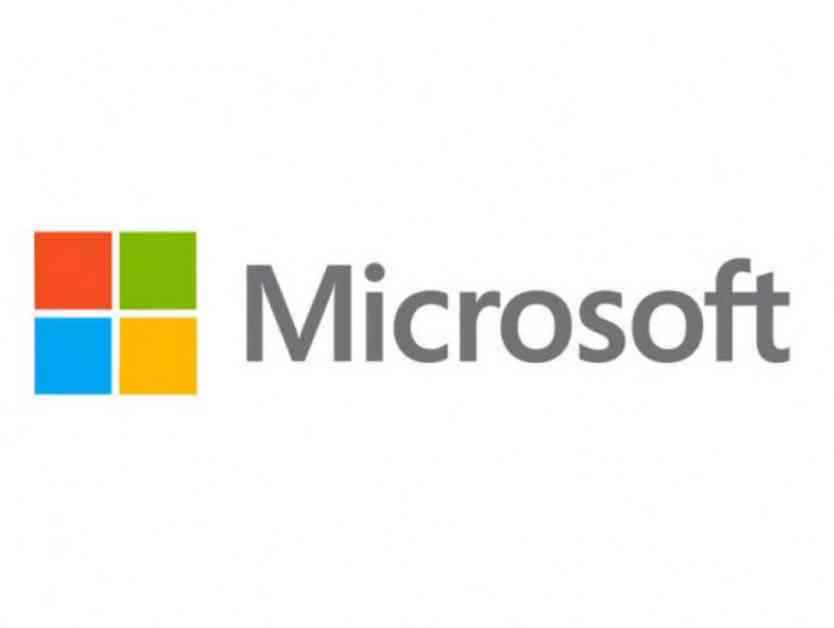Microsoft Corporation, a behemoth in the tech industry, is making strategic moves to tighten its spending in a bid to streamline its operations and maximize efficiency. Recent reports indicate that the company has decided to cancel data center leases with at least two operators in the U.S., while also scaling back on international spending. Analysts at TD Cowen have shed light on these developments, raising questions about the implications for Microsoft’s future growth and global strategy.
The Role of Data Centers in Microsoft’s Operations and Innovation
Data centers are the backbone of Microsoft’s operations, playing a critical role in supporting its cloud computing services, online platforms, and AI initiatives. These facilities house the infrastructure necessary to store, process, and manage vast amounts of data that power services like Azure, Office 365, and Xbox Live. As the demand for cloud services and digital solutions continues to surge, data centers have become increasingly essential for tech companies like Microsoft to maintain their competitive edge and drive innovation.
According to TD Cowen, the cancelled data center leases amount to “a couple of hundreds of megawatts,” signaling a significant shift in Microsoft’s approach to managing its data infrastructure. This decision reflects the company’s efforts to optimize its resources and focus on core business priorities amid a rapidly evolving tech landscape. By consolidating its data center operations and reallocating resources, Microsoft aims to enhance efficiency, reduce costs, and position itself for long-term success in the digital economy.
The Impact on Global Expansion and Innovation
Microsoft’s international spending has traditionally been geared towards expanding its global footprint, enhancing its cloud infrastructure, and investing in cutting-edge technologies like AI, cybersecurity, and software development. However, the recent decision to scale back on international spending raises questions about the company’s strategic priorities and future growth prospects.
TD Cowen noted that Microsoft appears to have redirected a significant portion of its international spending back to the U.S., potentially signaling a shift in its global expansion plans. This move could have far-reaching implications for Microsoft’s presence in key markets, its ability to innovate and compete on a global scale, and its overall growth trajectory in the coming years.
In the fiercely competitive landscape of cloud computing and AI, where companies are vying for market share and technological supremacy, Microsoft’s decision to streamline its data center operations and global expenses underscores the challenges and opportunities facing tech giants in an increasingly complex and interconnected world. As the race for AI dominance heats up and the demand for cloud services continues to soar, companies like Microsoft must navigate a delicate balance between innovation, cost-effectiveness, and strategic growth to stay ahead of the curve.
Vishnu Kaimal, a seasoned journalist with over a decade of experience in both broadsheet and digital media, offers valuable insights into the evolving tech industry landscape and the strategic decisions that companies like Microsoft are making to stay competitive in a rapidly changing world. With a keen eye for detail and a deep understanding of the complexities of the tech industry, Kaimal brings a unique perspective to the discussion on Microsoft’s recent moves and their implications for the company’s future trajectory.
As tech giants like Microsoft navigate the complexities of a fast-paced and ever-evolving industry, the decisions they make today will shape the future of innovation, competition, and global connectivity. By re-evaluating their data center strategies, optimizing their spending, and focusing on core priorities, companies like Microsoft are positioning themselves for success in a digital economy that demands agility, resilience, and forward-thinking vision. In the dynamic world of tech, where change is constant and innovation is paramount, the choices that companies make today will determine their ability to thrive, adapt, and lead in the digital age.














